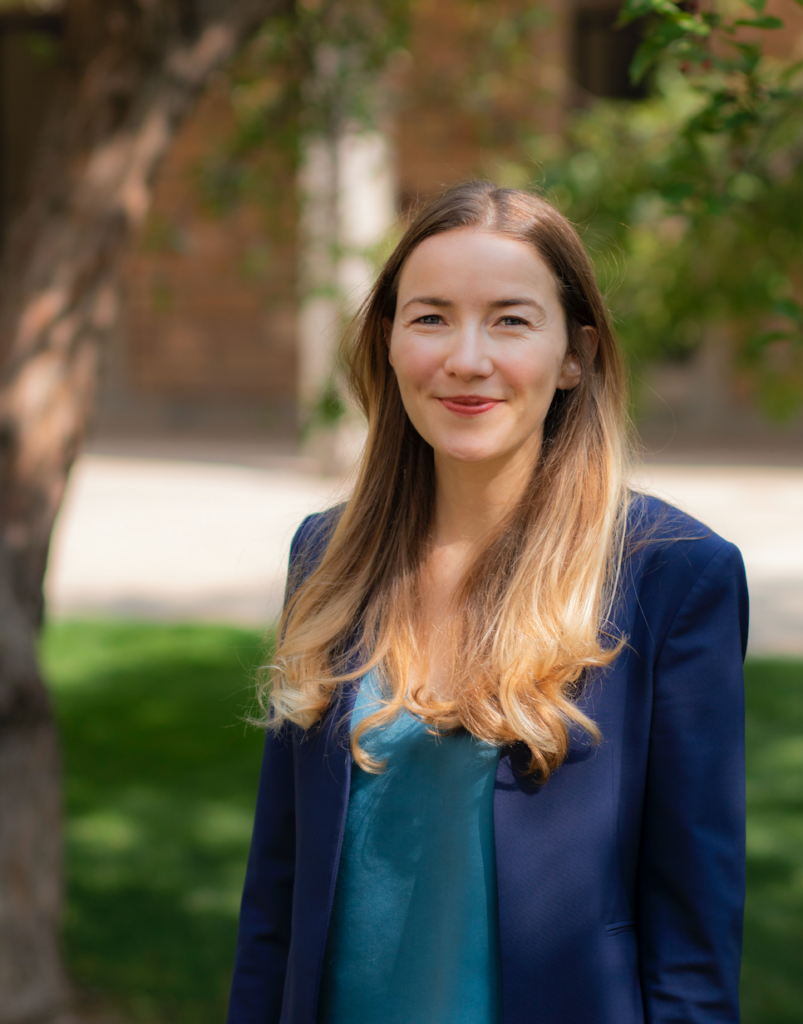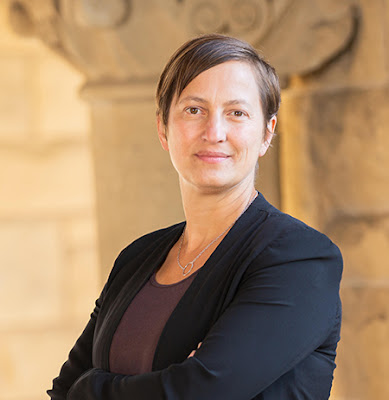NASA’s DEIA Strategic Plan (2022-2026) includes multiple key performance goals. For example, one aims to ensure that recruitment plans focus on underrepresented individuals and members of underserved communities and individuals with disabilities. Others aim to build a diverse future science, technology, engineering and mathematics (STEM) workforce by engaging students in authentic learning experiences; implement a continuous pay equity assessment process; and develop and implement automated, analytic products centered around measuring demographic representation and trends (among others). NASA’s Equity Action Plan will focus on increasing integration and utilization of contractors and businesses from underserved communities; enhancing grants and cooperative agreements to advance opportunities, access, and representation for underserved communities; leveraging Earth Science and socioeconomic data to help mitigate environmental challenges in underserved communities; and advancing external civil rights compliance. The National Science Foundation has also recently updated its Strategic Plan (NSF 2022-2026) and diversity is mentioned in several places, drawing from the National Science Board's Vision 2030 recommendations. While many diversity working groups and institutions don't necessarily have the budgets to execute to the scale of the funding agencies, actions at the federal level should serve to inspire individuals and institutions that are funded by NASA in developing their IDEA goals.
The American Astronomical Society itself has also infused IDEA into its own Strategic Plan (2021-2026), with the goal of implementing recommendations made by recent IDEA task forces and consortia. Members of its inclusion committees, CSWA, SGMA, WGAD, and CSMA, meet regularly and collect and publish resources to help advance careers of AAS members in general.
But perhaps the biggest sea change in encouraging the implementation of IDEA practices occurred when the National Academies required that both the Astrophysics and Planetary Science and Astrobiology decadal surveys include a study of the state of the profession. The Astro2020 decadal report, Pathways to Discovery in Astronomy and Astrophysics for the 2020s, urges federal agencies to ensure that their scientific integrity policies address harassment and discrimination by individuals as forms of scientific misconduct. The report also encourages federal funding agencies to establish a consistent format and policy for regularly collecting, evaluating, and publicly reporting demographic data and indicators and then consider using that information in the evaluation of funding awards (e.g., individual investigators, project and mission teams, third-party organizations that manage facilities). In a similar vein the just-released Planetary Science and Astrobiology (PS&AB) Decadal Survey, Origins, Worlds, and Life, also recommends collecting data concerning workplace climate, as well as data on the size, identity, and demographics of the PS&AB community; broadening opportunities to advance the state of the profession; and recognizing the need for an inclusive and inviting community free of hostility and harassment. That the decadal reports of both of these closely related scientific communities make similar recommendations means that the importance of a diverse and healthy workforce is finally being acknowledged. Now it’s up to us - members of these communities - to capitalize on this momentum and take action to bring these recommendations to life.
Here are some ways that you can take action in the short term:
Participate in upcoming events at the 240th AAS meeting in Pasadena, CA
CSWA splinter session, June 13, 5:30 - 7 pm PT
Other sessions TBD, so check the schedule when it’s published
Volunteer to be a part of the AAS inclusion committees
Be a mentor on AAS’s new mentoring platform, Mentoring365
Resources:
WGAD, AAS Working Group on Accessibility and Disability
SGMA, AAS Committee for Sexual-Orientation & Gender Minorities in Astronomy
CSMA, AAS Committee on the Status of Minorities in Astronomy
CSWA, AAS Committee on the Status of Women in Astronomy
Diversity, Equity, and Inclusion at the American Geophysical Union
International Astronomical Union, Astronomy for Equity and Inclusion
Statement by the Astronomical Society of the Pacific







